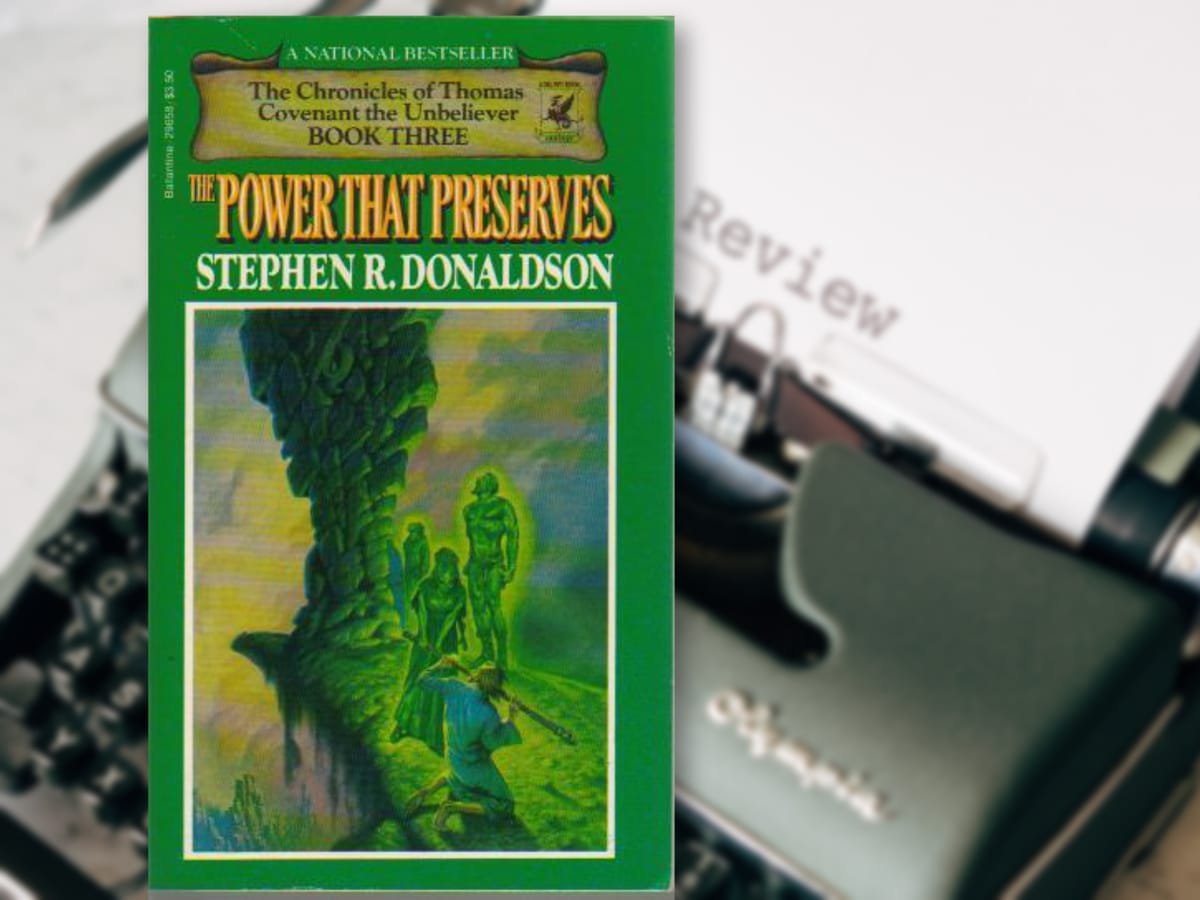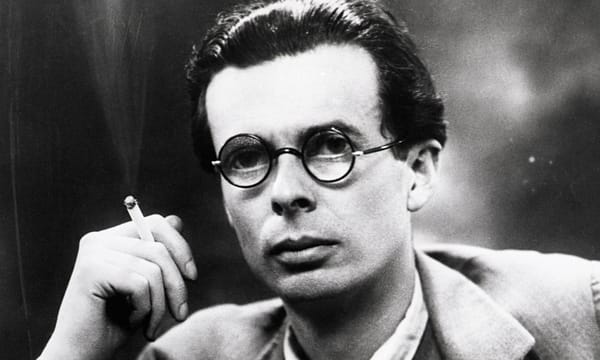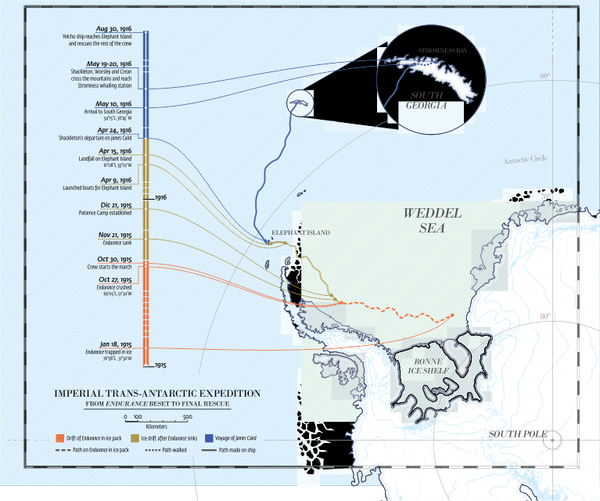Lord Mhoram’s Victory and The Power that Preserves
Relive the epic heroism of Lord Mhoram's Victory in Donaldson's The Power that Preserves! 🌟 From childhood awe to adult reflection, this chapter's themes of resilience, sacrifice, and moral struggle against despair grip the soul.

A few dramatic scenes are etched in the collective public consciousness. From cinema, there is Indiana Jones running from a boulder only to land at the feet of his rival, or Lawrence crossing a desert on a camel. From television, there is the intro to MASH, or Kramer entering Seinfeld’s apartment. “Newman!” From literature, there is the white whale sinking the Pequod, or Gandalf standing on the Bridge of Khazad-dum declaring that the Balrog “shall not pass!”
When I took a date to The Lord of the Rings movie, I discovered the last one was not yet etched into everyone’s consciousness. For my generation, Gandalf, Frodo, and Samwise were reserved for the nerds. When I said, “you shall not pass,” to someone who cut me off at the snack line, she didn’t get it. When I whispered, “Balrog” at the beginning of the most dramatic scene in The Lord of the Rings, she was clueless. But when we left the movie, and I was opening her car door, she raised her hands as if holding a staff and exclaimed, “You shall not pass!”
Another dramatic scene etched into the collective nerd brain of my generation is the most dramatic, most heroic, chapter of my childhood: Lord Mhoram’s Victory.
“No,” the High Lord repeated. “Not lost. We—and ur-Lord Covenant—must find the wisdom to attain both Peace and power. We must retain our knowledge of who we are, or we will despair as Kevin Landwaster despaired, in Desecration.”
To understand the importance of Lord Mhoram’s Victory, you need to understand the history of the Land. In the distant past, High Lord Kevin—feeling a desperate need to save the Land from Lord Foul—destroys the thing he loved most. Before he committed his act of desecration, he warned those he wanted to protect. They escaped to the South, the West, and the East, then waited for the Land to call them back. When they returned, they took an Oath of Peace; a promise to never again do what Kevin Landwaster did to the Land. These new people of the Land decided that the price of Lord Foul’s defeat was too high. They were determined not to pay it again.
The Lords of Revelstone toiled for centuries to repair the Land. They grew and shaped Soaring Woodhelvin and Revelwood. They learned the lore of rock and wood, but they did not use it to kill. They swore an oath that if they must do violence to limit such acts and—where possible—heal those they injured. This was the Oath of Peace.
After the events in The Illearth War, the council at Revelstone chose Mhoram as their High Lord, but without the Staff of Law and stripped of his foresight, Mhoram feels incapable of the task. But from his weakness comes an insight, a dangerous understanding; Mhoram learns the secret to Kevin Landwaster’s power. Mhoram learns that the Oath of Peace has prevented the Lords from defeating Lord Foul.
It was a strength which could only be used if the wielders denied the most basic promise of their lives. It was a weapon which could only be used by a person who had cast down all defenses against despair.
In Covenant’s absence, Lord Foul has used the Illearth Stone and Elena’s breaking of the Law of Death to undo centuries of healing. He traps the Land in a permanent winter, plunders the Plains of Ra, starves the Ranyhyn, and as The Power that Preserves opens, his giant raver is at Revelwood destroying the great tree with a single stroke of the Illearth Stone.
This is the setting when Mhoram summons Thomas Covenant for his final trip to the Land, but Covenant refuses his call. In our world, the mad Thomas Covenant is trying to save a lost girl from a rattlesnake bite. If Mhoram takes Covenant into the Land, the girl will die. If Covenant stays in our world, his leprosy, gangrene, and rattlesnake venom will kill him. Thomas Covenant, the Unbeliever, chooses the life of the girl over the thousands of lives in the Land. Lord Mhoram understands Covenant’s choice and allows him to return to our world; the final defense of the Land is on Lord Mhoram’s shoulders.
“Covenant!” Mhoram groaned. “Oh, Covenant.” In his fatigue, he feared that he would not be able to hold back his weeping. “You are in hell. Your world is a hell.”
After an extended siege of Revelstone, Mhoram knows the only way to defeat the Raver and his army of deformed human beings, cavewights, and ur-viles, is to take the battle to him. You must read The Power that Preserves for yourself, appreciate the battle that takes place on the plains surrounding Revelstone. From the clopping of Drinny’s hooves, to the final blow with the Krill, it is one of the great chapters of fantasy fiction.
“Hail, Drinny, proud Ranyhyn! Oh, bravely done! Worthy son of a worthy mother. Tail of the Sky, Mane of the World, I am”—a clench of emotion caught his throat, and he could only whisper—“I am honored.”
On the other side of the Land, our old friend Saltheart Foamfollower has not been idle. The giants of Seareach are dead, Saltheart is the last of his kin in the Land. He has broken his Oath of Peace and is helping the Stonedowners defend their homes from Foul’s raiding parties. It is Saltheart who calls Thomas Covenant from our world. Atop Kevin’s Watch, Triock and Saltheart master the Lore enough to bring the dying Covenant to the Land. This time, however, there is no hurtloam, no power, to heal Covenant of his leprosy. In this final book, Thomas Covenant must face the terrible winter of Lord Foul with numb feet and hands and stinking of gangrene. The Unbeliever cannot survive the end of The Power that Preserves.
The Giant bent near him. “Yes, my friend.”
“Foamfollower—I can’t make it alone.”
Chuckling gently, Foamfollower said, “Nor can I. My friend, there is comfort—in some companionships.”
As Covenant and Saltheart make their way to Foul’s Crèche, they collect the remaining characters of the story. The now demented Lena and the aging Bannor join the trek. Lena is killed and Bannor leaves to join the Ramen. At the end, it is Covenant and Foamfollower that cross the Spoiled Plains and enter Foul’s Crèche to face Lord Foul for the ultimate battle. Since it was Saltheart Foamfollower that summoned Covenant to the Land, it is his death that releases Covenant, returning him to our world.
In these stories, if they are to have happy endings, there is the need for a Dues-ex-Machina. In The Lord of the Rings, the Great Eagles save Frodo and Samwise from the volcanic eruptions of Mount Doom. In The Chronicles of Thomas Covenant, the Creator of the Land intervenes to save Covenant’s life. At the end, The Unbeliever begs not for his life, but that of his friend, Saltheart Foamfollower. The Creator reminds Covenant that if he saves the giant’s life, the Arch of Time would break, and Lord Foul would be free to ravage our world.
The Arch of Time is broken.
As a child, I wondered what it was the orcs in The Lord of the Rings, or the ur-viles and cavewights of the Land hated about the world they occupied. In these books, evil seems focused on desecration for destruction’s sake. Other motives are not clear. Rule of the landmass? Then why are they so intent on destroying the land they occupy. In The Power that Preserves, Lord Foul’s army and preternatural winter strips the Land of anything useful. Water is poisoned or frozen, crops and food are blighted or dead. The only thing supporting Foul’s army is his all-encompassing hate.
As he grasped the utterness of his plight, he turned inward, retreated into himself as if he were fleeing. There he looked the end of all his hopes and all his Landservice in the face, and found that its scarred, terrible visage no longer appalled him. He was a fighter, a man born to fight for the Land. As long as something for which he could fight remained, he was impervious to terror. And something did remain; while he lived, at least one flame of love for the Land still burned. He could fight for that.





